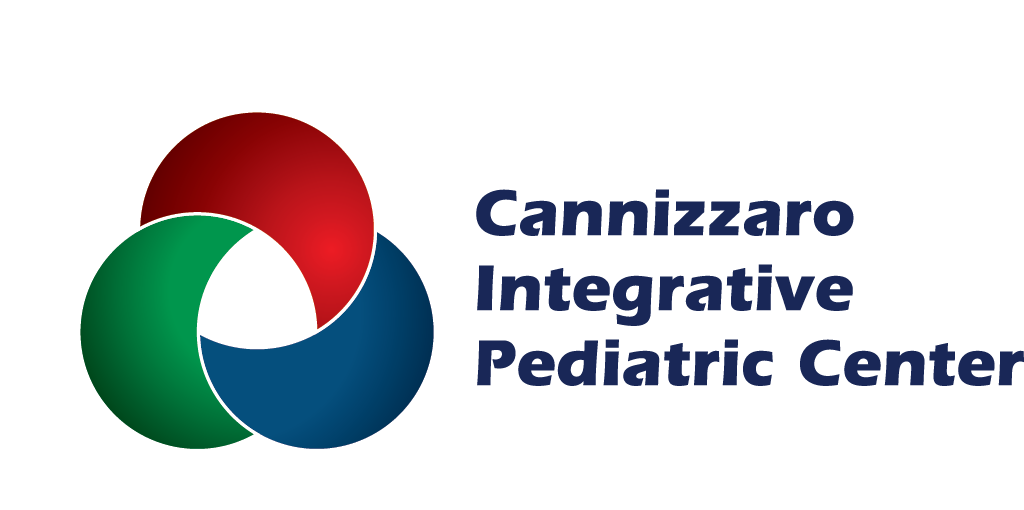
Managing environmental allergies naturally is a specialty of our office. An allergy is an exaggerated response of the immune system to specific substances that normally pose no threat to the human body. These substances, or allergens, elevate specific antibodies and can cause sneezing, coughing and itching. Allergic rhinitis (hay fever) is an allergic inflammation of nasal mucous membranes.
According to the Centers for Disease Control and Prevention (CDC) National Health Interview Survey from 2017, almost 20 million American adults aged 18 and over were diagnosed with hay fever within the previous year. The same survey revealed 5.6 million kids under 18 suffer from hay fever and 8 million have respiratory allergies.
In a person with environmental allergies, inhalants such as plant pollen, animal dander, mold spores, vehicle exhaust and fumes from chemical products can cause reactions. Many hay fever sufferers also have chronic conditions like asthma, sinusitis and hives. Allergic reactions range from merely bothersome to life-threatening.
Causes of Environmental Allergies
While research suggests that genetic factors predispose people to allergies, no “allergy gene” has yet been found. Generally, an overwhelmed immune system gives rise to allergies and sensitivities. The functional barrier systems of the skin, respiratory system, and intestine become overloaded, leading to sensitization. When any of these barrier functions are broken down due to poor diet, toxin exposure or bacterial overgrowth, foreign molecules are able to pass through the barrier and enter the bloodstream. The immune system recognizes the foreign molecules and begins producing antibodies, which are specifically designed to deactivate the foreign invader. This sets in motion a complex series of events involving many biochemicals that produce the inflammation and typical symptoms of an allergic response.
Because the human body is a coherent unit, and the various systems communicate with one another, one allergy can beget another. Inflammation from a food or inhalant allergen can render the immune system hypersensitive and hyperactive so that other substances can cause inflammation at the slightest provocation. It becomes an endless cycle of inflammation throughout the body that can ultimately lead to autoimmune diseases.
Using an Integrative Approach to Healing
Allergy sufferers are individuals with unique needs and an integrative approach is usually the best deployed to help heal them. As an integrative pediatrician with a special concern for children who suffer not only from allergies but also often from asthma, ADHD and autism, my mission is to give my young patients their lives back to the fullest extent possible.
Toward that end and with the collaboration of parents, allergists, and other healing professionals, I apply a synergistic mix of healing factors: nutrition with dietary modifications and supplements, enhanced detoxification and most recently, salt therapy.
Nutrition and Supplement Support for Environmental Allergies
As any functional-integrative practice would advise, protecting the immune system from allergies should begin with supporting the body with proper nutritional therapy. A wholesome, organic, nutrient-dense, plant-based whole food diet is a prerequisite for a healthy immune system.
As mentioned, oftentimes different kinds of allergies co-exist and create a persistent inflammatory state in the body. It may be necessary to eliminate certain foods to combat food allergies and adequately dial back a hyperactive immune system. An inflamed gut cannot absorb nutrients that nourish the body.
You’ve likely heard the basic premise, “immunity starts in the gut.” We’ve found this to be true and regularly recommend probiotics to our patients. Other supplements we’ve found especially helpful for supplying antioxidants, building the immune system and supporting the body during allergy season are Vitamin D3, Vitamin C and Omegas.
Sometimes, prescription medications are necessary, since some of them accomplish things that no natural supplement or procedure can supply, such as the bronchodilation that can be a literal lifesaver for an asthmatic child. We also need to resort to various anti-inflammatories, antibiotics, antifungals, antihistamines and antivirals in our fight against a multifaceted enemy.
Detoxification and Salt Therapy for Environmental Allergies
In our practice, detoxification usually involves removing accumulated toxins from the body with various therapies and keeping them out. In the case of environmental allergies, the offending allergens are in the air and difficult to avoid. Therefore, our focus is usually to help the body expel allergens already trapped in the respiratory system.
Salt has been applied as therapy for thousands of years in medical practice. It is mentioned in the Bible and in Hippocrates’ works. In more recent history, during the 1840’s, salt cave therapy became a form of treatment in Europe. These days, salt therapy can now be administered in a controlled environment that simulates the natural, therapeutic microclimate of a salt cave.
Salt therapy neutralizes pollutants like smoke, dander, dust, pollen and other allergens present in the airways. Salt acts like an expectorant, accelerating mucus clearance and improving lung function while killing harmful bacteria and soothing the respiratory system. These mucus-clearing, anti-inflammatory, antibacterial effects have been shown to relieve symptoms of not only allergies, but also acne, asthma, COPD, colds, flu, cough, cystic fibrosis, dermatitis, ear infections, eczema and sinusitis. Salt therapy increases the effectiveness of conventional treatment. Cleansing the airways and decreasing inflammation helps medications work more effectively and reduces the need for them.
In the interest of total transparency, we must state here that we installed a salt room in our pediatric practice in January 2018 to serve both the adults and children of our community. It has indeed been a blessing to direct youngsters down the hall into a room of respiratory relief! It is even safe for babes-in-arms, which is convenient for moms and dads who, owning to the genetic factors noted above, may also need allergy relief for themselves.
Know that treating allergies should be no different than treating any other illness: an integrative approach is best in the long term, and there is no substitution for an individual approach to healing.





